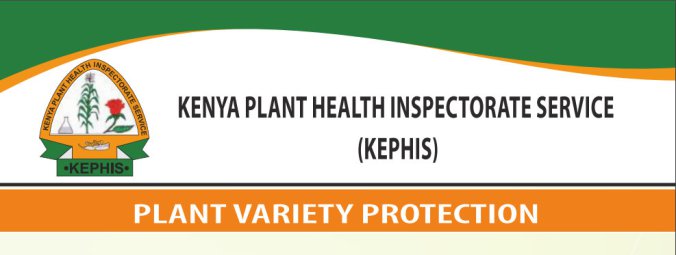Farmers who produce seeds for sale can certify them at the Kenya Plant Health Inspectorate Service (KEPHIS) as a way to deal with counterfeit seeds in the market.
Roughly four out of ten seed packets in the country contain counterfeit seeds with three quarter of Kenyan farmers planting fake seeds at some point.
The main objectives of seed certification is to ensure that farmers receive the best possible, quality seed, so as to maximize their crop production and to ensure that farmers are not at risk of planting fake seeds.
Related
Farmers double yields with official seeds
Government seed agency warns farmers of fake seeds in the market
Quality seeds herald sorghum boom in Western Kenya
According to the National Seed Policy document for Kenya, the source and quality of most of the planting materials and seed purchased, multiplied and marketed by the informal seed sector may not be known, yet this is the major source of planting material for the farmers.
Road-side nurseries for forest and fruit trees for example, do not have clearly documented sources. Other informal sources of seed include farm saved seeds, farmer-to-farmer exchange, local markets, Non-Governmental Organizations (NGOs) and Community Based Organizations (CBOs).

A farmer who wishes to apply to be a seed merchant must register with the Kenya Plant Health Inspectorate Service (KEPHIS) by filling forms SR 1, 2, 3, 4 and SR 5 found on the KEPHIS website.
Field inspection then follows where farmers need to provide proof of origin of the parental materials of the varieties registered for inspection. If a new variety, this must also include the descriptors of the parental materials.
Timely inspection in the fields is conducted to ensure that seed resulting from a crop meant for seed purpose is of the designated variety (trueness to type) and has not been contaminated genetically or physically (varietal purity) beyond certain specific limits. The crop must be healthy and free from diseases (especially seed borne).
Seed crops of approved fields are harvested and processed to remove undesirable contaminants such as weed seeds, inert material, immature seeds, broken and diseased seeds. The seeds are also graded into different sizes and treated with protective chemicals. The results are filled in form SR 6.
Laboratory seed testing is then done and is useful in determining quality factors such as purity, germination capacity, moisture content and health status (seed-borne diseases) of seed lots. Representative samples from processed seed lots must be tested for germination and purity to determine compliance with seed standards.
Upon satisfactory fulfillment of the prescribed requirements, every seed lot is provided with a label and a seal. Containers are labeled and sealed in such a way the seed cannot be removed or changed without damaging beyond repair, the container, the label or the sealing device.
Post control tests follows and this is done to ascertain whether or not the preceding control measures have been effective. The tests ensure that the characteristics of cultivars/varieties have remained unchanged in the process of multiplication.
Under the Kenyan seed law crops falling under the compulsory certification include cereals such as maize, wheat and barley, grasses, pasture legumes and root crops like Irish potatoes.
















Comments powered by CComment